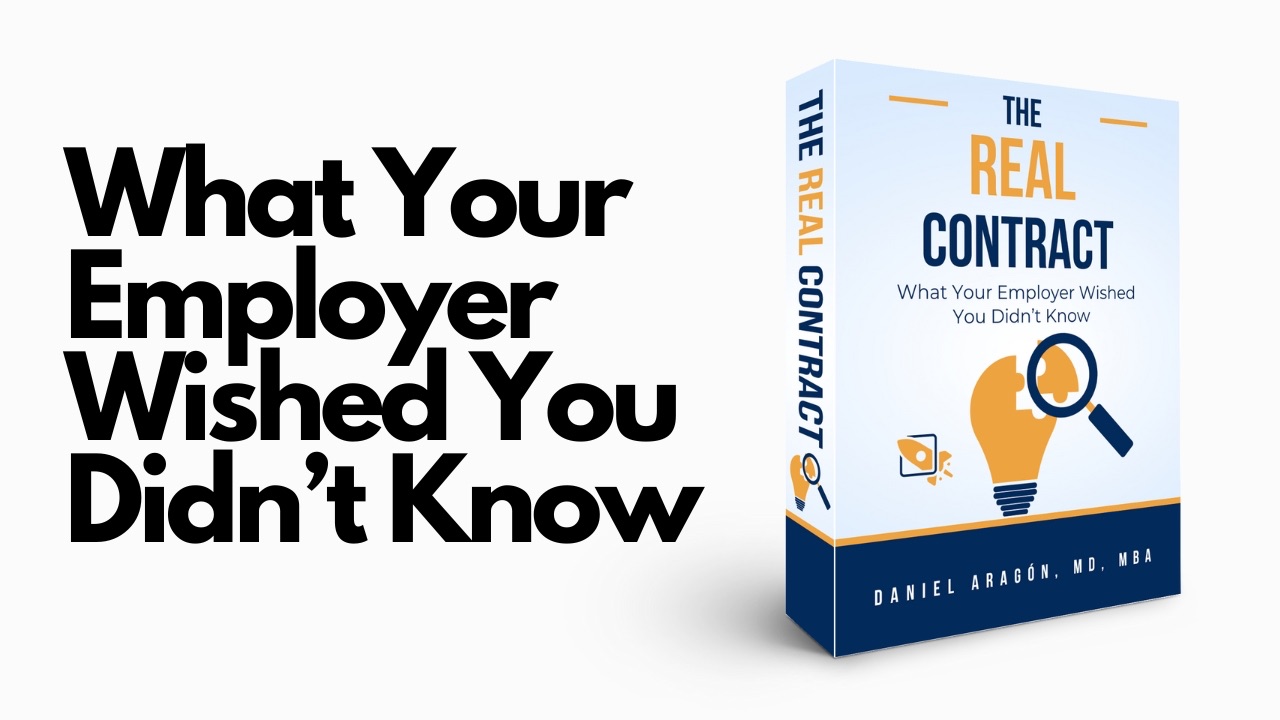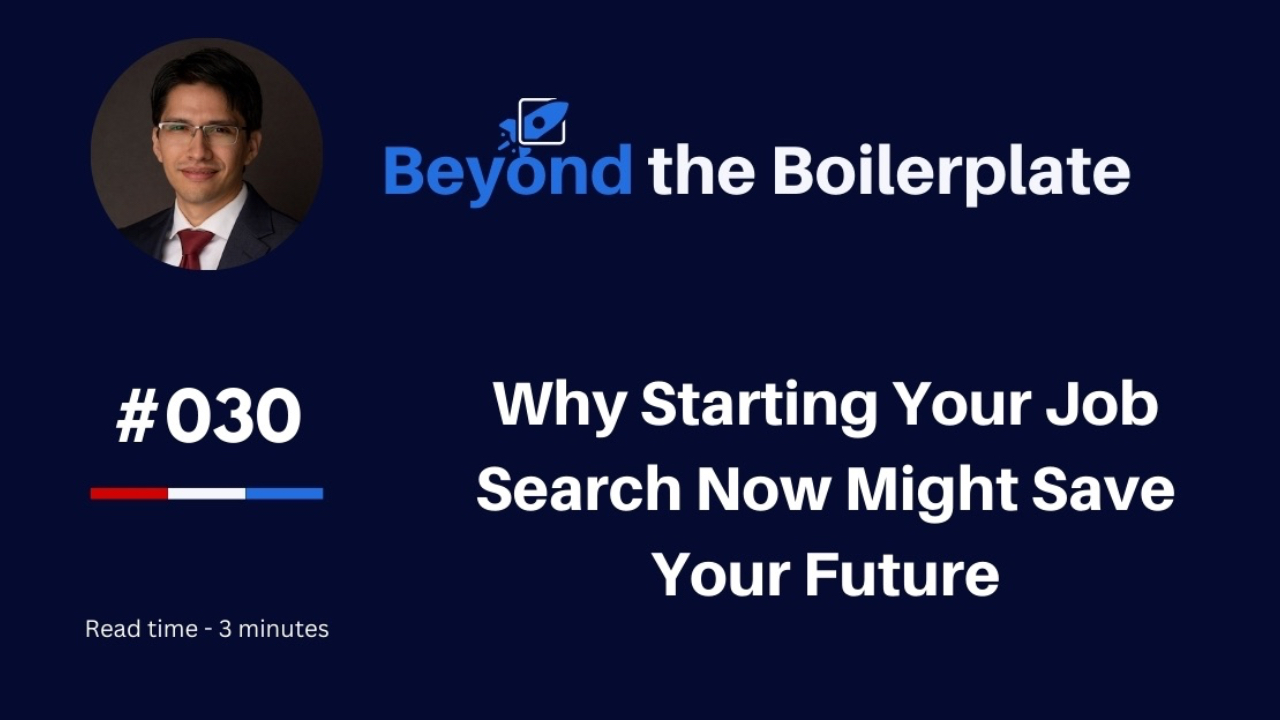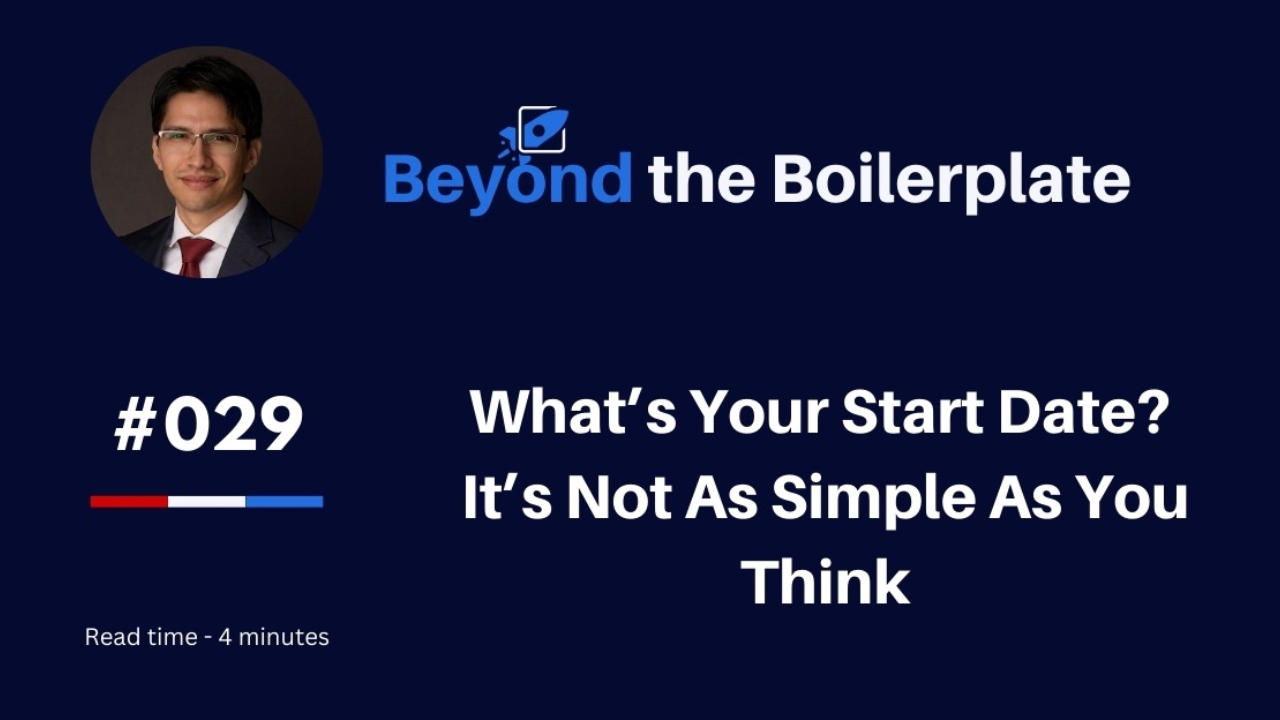
How Would You Feel If You Signed a Contract That Trapped You?
The ideas for this article were shamelessly stolen (like a true artist) from Exactly What To Say by Phillip M Jones. If you’re a physician looking to improve your contract negotiation skills, I highly recommend giving it a read.
Hardcover | Paperback | Kindle | Audiobook
Key Takeaways
✅ Doctors negotiate every day - except for themselves.
✅ Hospitals assume you won’t push back. Most don’t.
✅ The right question can change a “no” into a “let’s discuss.”
✅ Emotions drive decisions - yours and theirs. Use that.
Are You Negotiating Like a Doctor or Like a Rookie?
You negotiate all the time. With patients. With insurance reps. With nurses who need you to sign 15 charts before you even sit down.
But when it comes to your own contract? Silence. Or worse, you just sign.
📌 Let’s ask something uncomfortable:
- How would you feel if you found out your coworker, same job, same hours, was making $40,000 more?
- How would you feel if a non-compete clause forced you to move across the state just to get a new job?
- How would you feel if you realized you signed a terrible deal… and it was too late to change anything?
Because that happens. A lot.
Why Most Doctors Are Terrible at Negotiating for Themselves
Ask a physician if they negotiate for their patients, and they’ll say yes. Prior authorizations. Specialty referrals. Getting an MRI before waiting six pointless weeks. That’s negotiation.
But when it’s about their own salary, bonus, or contract terms?
🚨 Suddenly, they say:
❌ “I don’t want to seem difficult.”
❌ “They told me this is their standard contract.”
❌ “I don’t even know what’s negotiable.”
Guess what?
📌 Employers count on that.
They expect you to not ask. They assume you won’t challenge terms. They know most doctors would rather avoid conflict than push for what they actually deserve.
Which is why so many get stuck.
If You Don’t Control the Negotiation, Who Does?
Let’s flip this.
Imagine you’re a hospital administrator. You’re hiring a new doctor. You hope they just sign the contract. If they don’t, you’re ready.
📌 They say: “This salary seems a little low.”
🚨 You respond: “This is our standard rate.”
📌 They say: “What about my call schedule?”
🚨 You respond: “Everyone takes the same call.”
📌 They say nothing.
🚨 You win.
Now imagine you’re the doctor who actually asks the right question.
📌 You say:
✅ “How would you feel if I told you this offer is below MGMA benchmarks?”
✅ “How would you feel if we adjusted the RVU threshold to match actual physician productivity?”
✅ “How would you feel if my non-compete kept me from working in this city, but I still wanted to stay?”
🚨 Now they have to think. Now they have to answer. Now you’re in control.
Why “How Would You Feel If…?” Changes the Game
Most people, especially doctors, assume the other side is being fair.
📌 Reality check:
- Hospitals are businesses. Their job is to save money.
- Recruiters work for the employer, not for you.
- The first offer is rarely the best offer.
And yet, when presented with a contract, most physicians just… accept it.
❌ Wrong move.
If you want to shift the power in a negotiation, you have to make them think in emotions, not just numbers.
📌 Instead of: “I want a higher salary.”
✅ Say: “How would you feel if another doctor took this job at $20,000 more than I’m being offered?”
📌 Instead of: “This non-compete is restrictive.”
✅ Say: “How would you feel if this clause made it impossible for me to work in this region after I leave?”
📌 Instead of: “Can you change this call schedule?”
✅ Say: “How would you feel if I burned out after a year because of this call burden?”
Doctors Hate Conflict. Hospitals Love That.
Most doctors aren’t afraid to negotiate. They just don’t want to seem “difficult.”
📌 Here’s what you need to know:
🚨 Hospitals EXPECT pushback.
🚨 They already have numbers they can improve.
🚨 If you don’t ask, you’ll never know what you left on the table.
So let’s flip this again.
📌 How would you feel if you asked for more and they said yes?
📌 How would you feel if you found out your peers negotiated better deals—and you didn’t even try?
📌 How would you feel if, years later, you realized you could have earned six figures more—just by asking one question?
Wouldn’t feel great, would it?
You’re Either Negotiating, or You’re Getting Negotiated.
This isn’t about “winning” or “being aggressive.” It’s about making sure you don’t lose before you even start.
📌 So before you sign anything:
✅ Ask about MGMA benchmarks. If they won’t tell you, that’s a red flag.
✅ Challenge vague language. “Productivity-based bonus” means nothing unless you know the actual RVU numbers.
✅ Question the non-compete. If it locks you out of the city, you need to push back.
And most importantly:
📌 Use this question:
✅ “How would you feel if you were in my position?”
If they dodge, push again. If they shut it down, walk away. If they engage, now you’re negotiating.
Because the real question is:
🚨 How would you feel if you never even tried?






